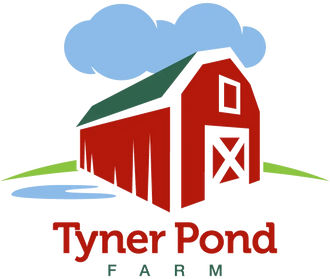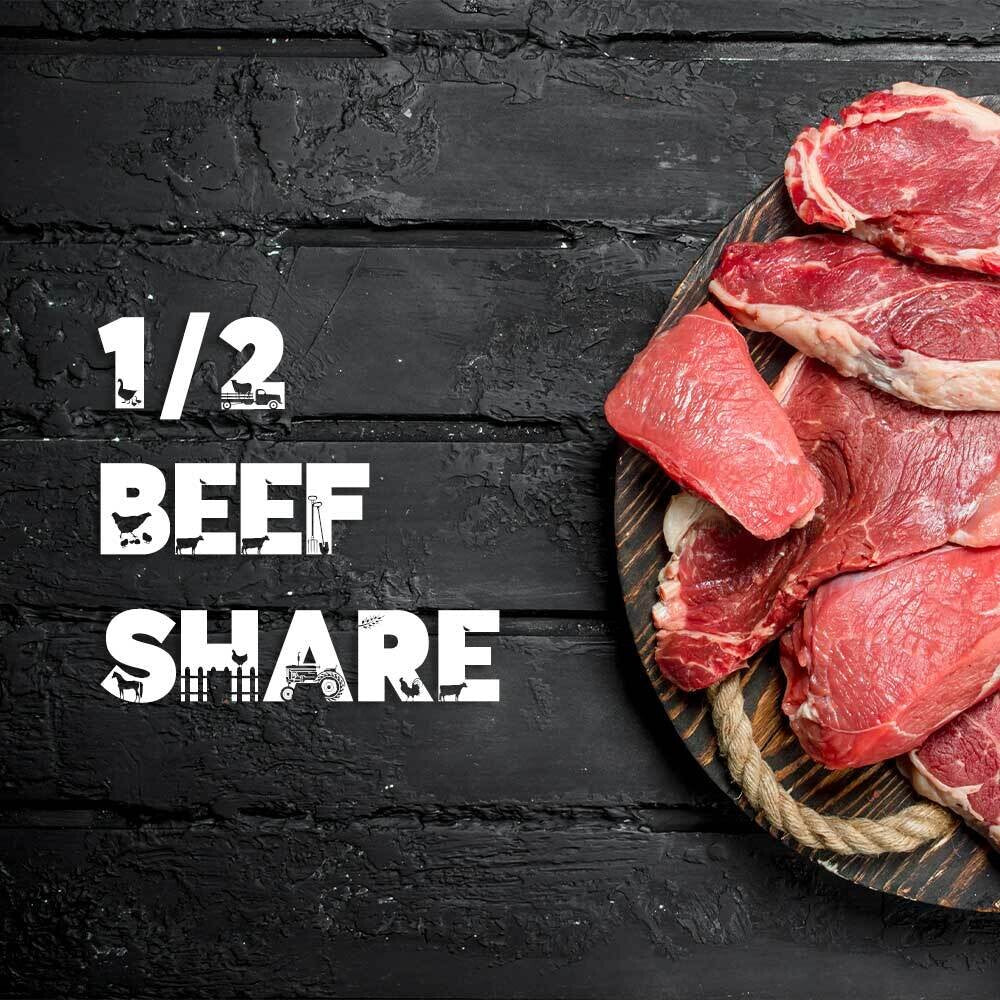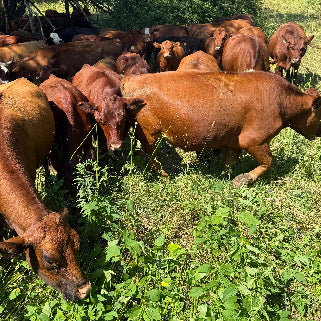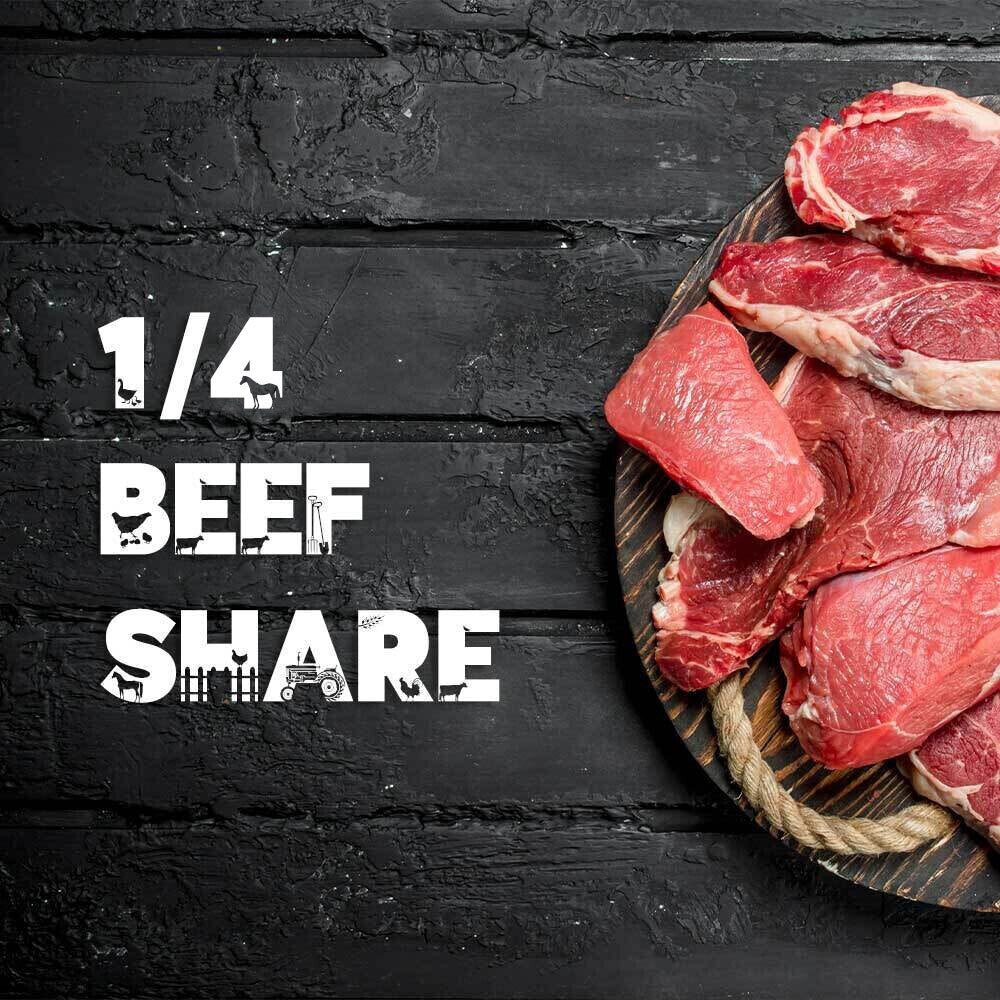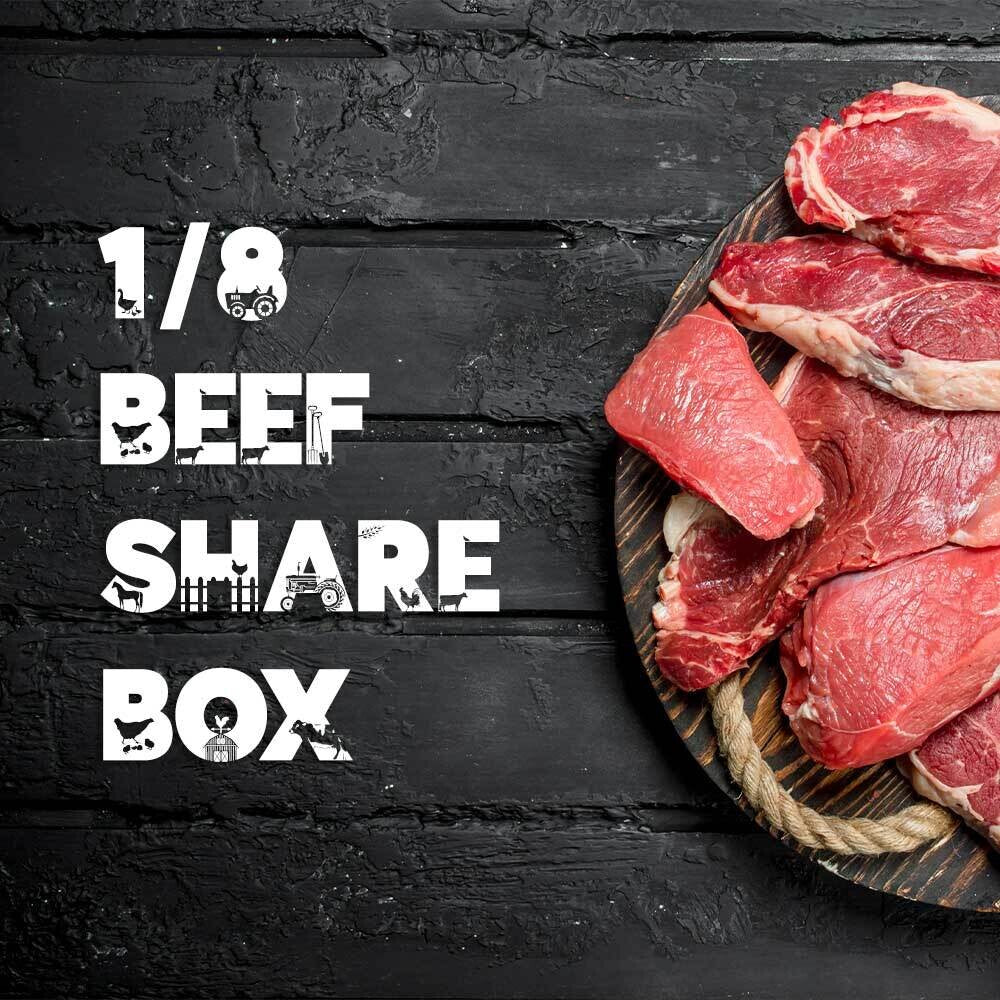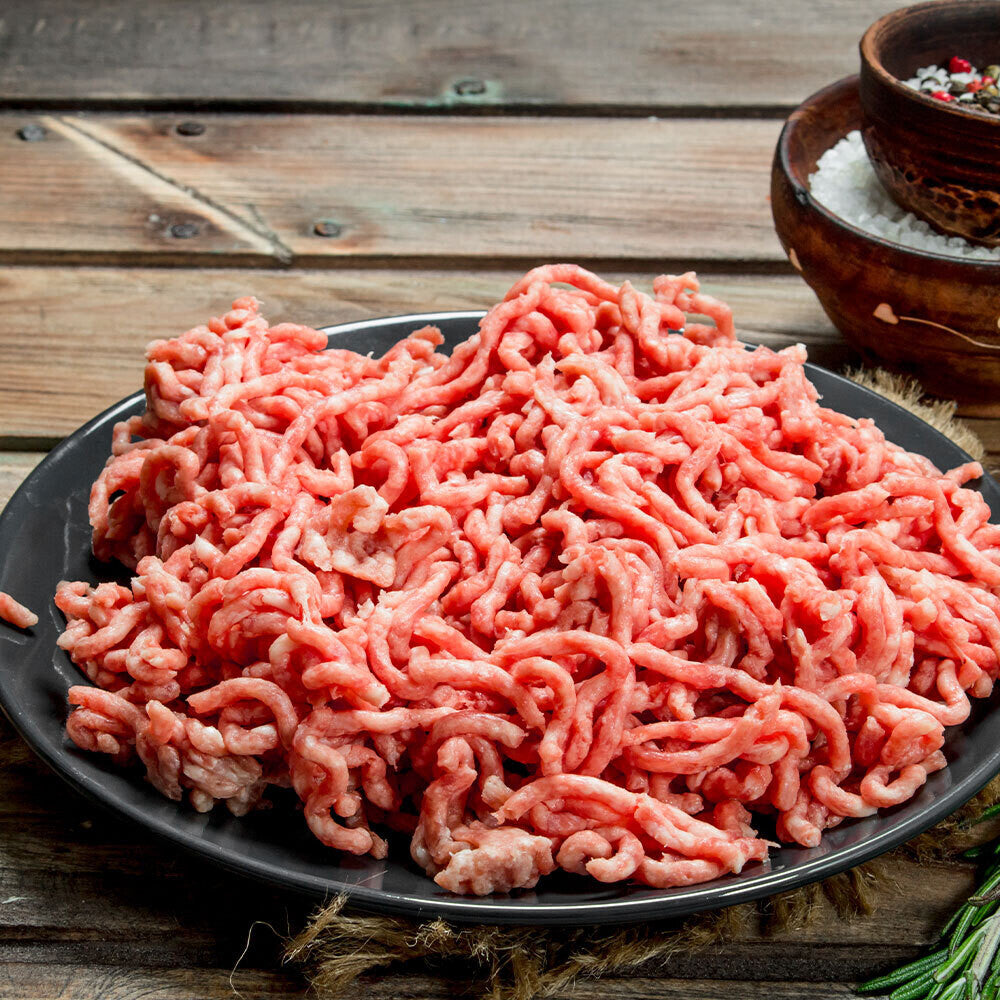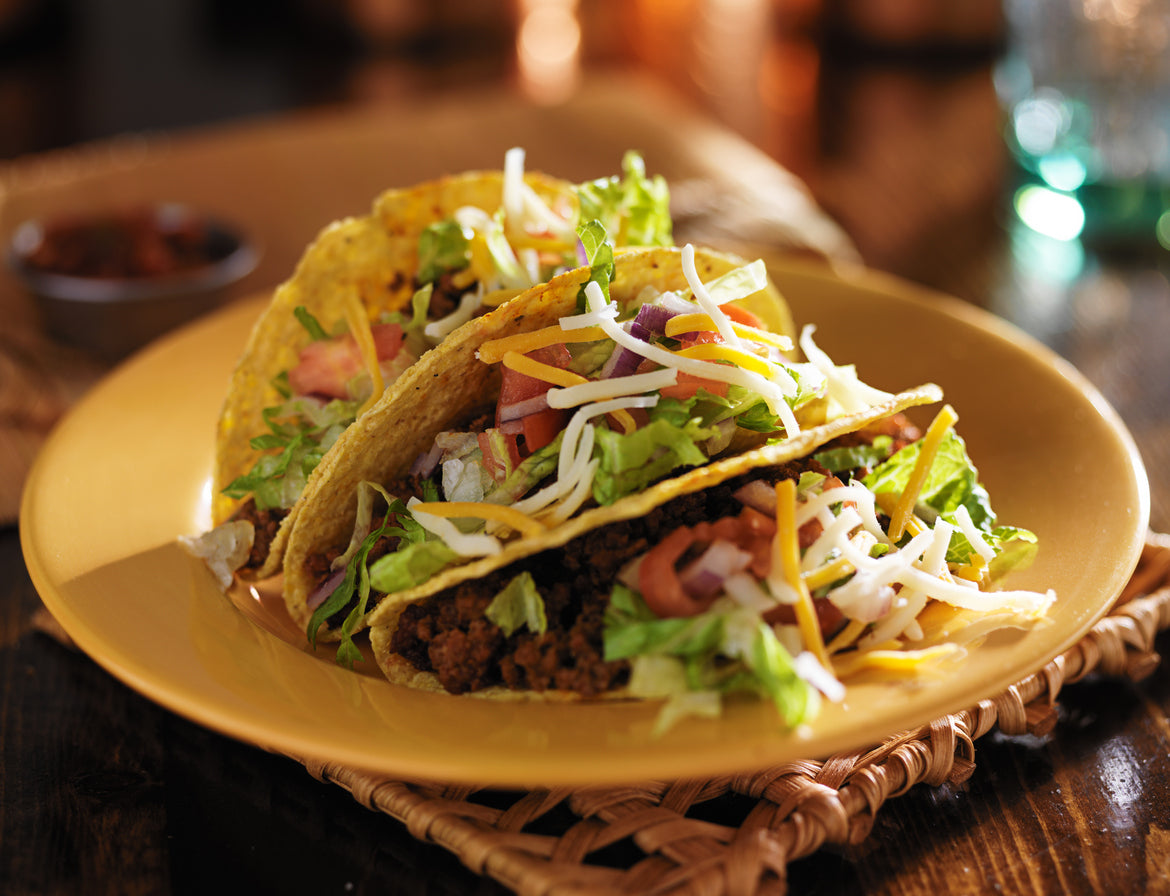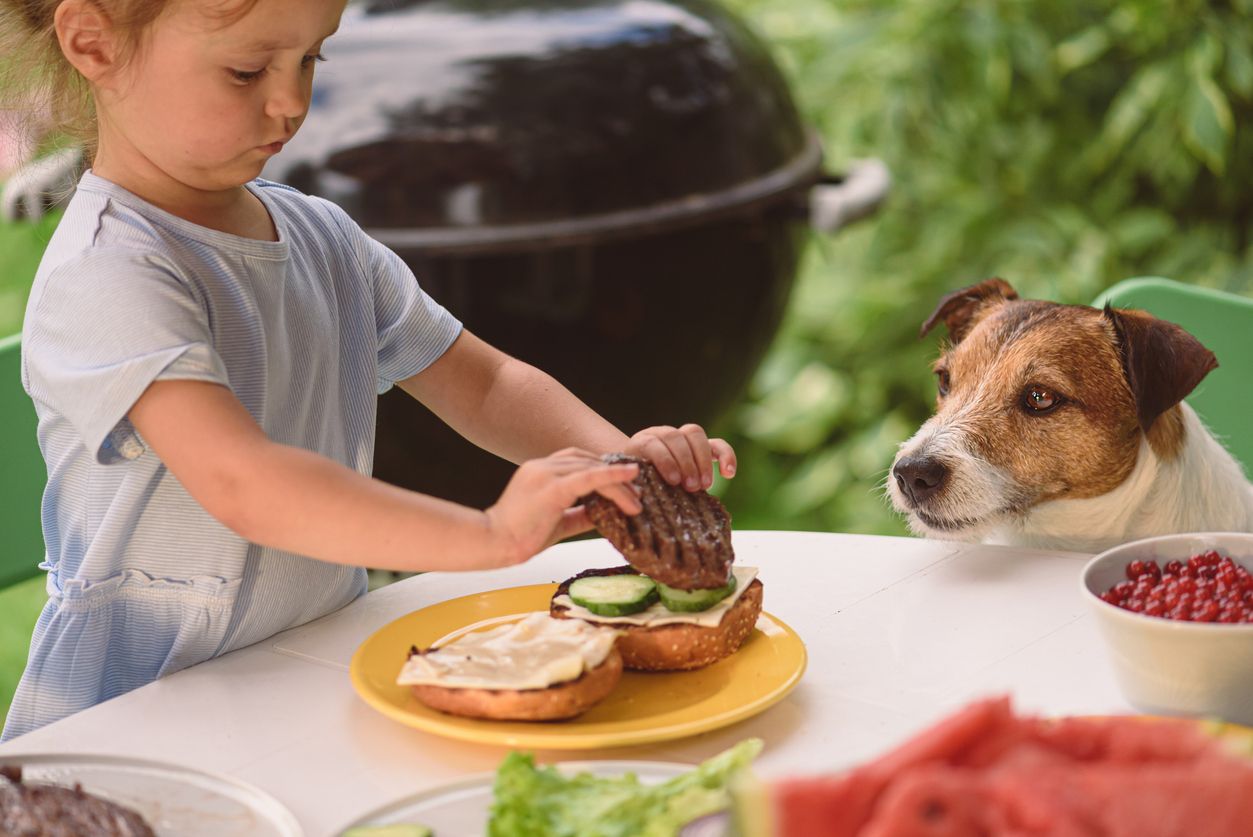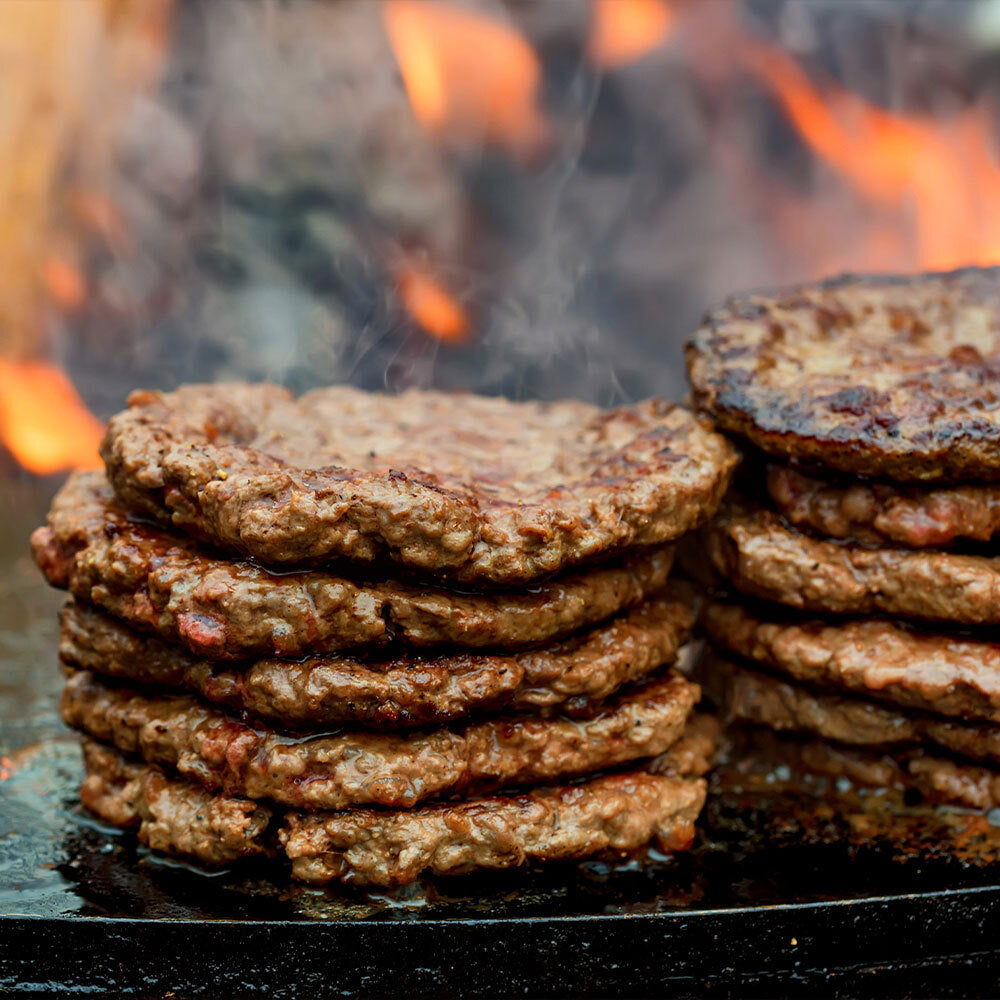Our Animals
100% Grass-Fed and Finished Cattle
Great beef starts long before the animal—it starts with the soil. Healthy soil grows nutrient-rich grasses, and nutrient-rich grasses raise healthy cattle.
At Tyner Pond Farm, every decision begins with one question: “Is it best for the soil?”
We’re fortunate here in Indiana. Our humid climate produces lush, high-quality forage for much of the year—ideal for raising grass-fed and grass-finished beef. In many parts of the world, grass-fed beef comes from dry, brittle climates where grass growth is limited. Here, we have the opposite problem: grass grows fast, and our cattle rotate daily to keep up with it.
By focusing on soil first, we produce beef that’s better for the cattle, better for the land, and more nutrient-dense for you.
Cattle Breeds
We raise South Poll cattle for their superior grass genetics. Unlike breeds bred for feedlot systems, such as Black Angus—known for tenderness but too large for efficient grass finishing—or Wagyu, which require highly controlled environments for optimal marbling, South Polls are naturally suited for pasture-based systems.
Their compact frames, efficient grazing habits, and adaptability to various climates make them ideal for 100% grass-fed beef. Their lighter weight minimizes pasture impact, and their calm temperament enhances herd management. South Polls offer a practical, sustainable solution for high-quality grass-fed beef production.
Grass-Fed Beef FAQ
Q: What does 100% grass-fed and grass-finished mean?
It means our cattle eat only grass and forage for their entire lives—never grain. They rotate to fresh pasture daily, which keeps them healthy and produces nutrient-dense beef.
Q: Is your beef local?
Yes. All of our beef is raised here in Central Indiana and delivered directly to homes in our service area.
Q: How is grass-fed beef different from grain-fed beef?
Grass-fed beef is typically higher in omega-3 fatty acids, CLA, and vitamins A and E, with a better omega-6 to omega-3 ratio. Grain-fed beef often has more marbling, but it’s lower in those nutrients and comes from cattle raised in feedlots.
Q: Does grass-fed beef taste different?
Yes. Grass-fed beef has a richer, more distinct flavor because the cattle’s diet comes entirely from fresh pasture. It’s clean, lean, and flavorful—without the blandness of feedlot beef.
Q: Is your beef frozen or fresh?
We flash-freeze our beef at peak freshness to lock in flavor and nutrition. It’s delivered frozen, so you can store it or thaw it when you’re ready to cook.
Q: How should I cook grass-fed beef?
Because it’s leaner than grain-fed beef, we recommend cooking it at slightly lower temperatures and not overcooking it. Use a meat thermometer for the best results.
Q: Do you use antibiotics or hormones?
No. Our cattle are raised without antibiotics, added hormones, or any growth-promoting drugs.
Our Thinking About Pasture-Raised Chicken
Pasture-raised chicken means birds that actually live outside on fresh grass—not in a barn with a small door to a dirt lot. At Tyner Pond Farm, our chickens spend every day on pasture where they can forage for grass, insects, and seeds, while enjoying fresh air and sunshine.
We move them to new ground daily. This rotational system keeps the pasture clean, gives the birds constant access to fresh forage, and naturally fertilizes the soil as they go. It’s good for the land, good for the birds, and good for you.
Compared to conventional chicken, pasture-raised chicken:
- omega-3 fatty acids and vitamin E
- Contains less fat overall, with a better balance of healthy fats
- Has richer, more developed flavor from a varied diet and active life
We never use antibiotics, growth hormones, or confinement. The birds grow at a natural pace and are processed at a small, inspected facility with minimal transport time to reduce stress.
If you want clean, nutrient-dense chicken from Indiana farms you can trust, pasture-raised is the standard we live by—not the marketing term we hide behind.
Pasture-Raised Chicken FAQ
Q: What does pasture-raised mean?
It means our chickens live outside on grass every day, with constant access to fresh forage, insects, and sunshine. We move them to new pasture daily.
Q: How is pasture-raised different from free-range?
Free-range chickens may spend most of their time indoors. Our birds are always on pasture and rotated to fresh ground daily.
Q: What do your chickens eat?
They forage naturally and are supplemented with locally milled feed free of antibiotics and GMO's and animal byproducts.
Q: Do you use antibiotics or hormones?
No. We never use antibiotics, growth hormones, vaccines or growth-promoting drugs.
Q: Where are your chickens processed?
At a small, inspected processor close to our farm, minimizing stress and transport time.
Our Thinking About Local Pork
While we focus on raising our own beef, chicken, and turkey here at Tyner Pond Farm, we also offer pork from trusted Indiana farms. These are farmers we know personally, and we choose to work with them so our customers can enjoy high-quality local pork while supporting the local food economy.
All of our pork is processed at inspected facilities here in Indiana, keeping it close to home and supporting local jobs.
We also make sure that our pork products — like sausage and bacon — are made with simple, clean ingredients you can feel good about. No mystery fillers, no unnecessary additives.
When you buy pork from Tyner Pond Farm, you’re helping sustain local farmers, local processors, and a more transparent food system.
Local Pork FAQ
Q: Is your pork local?
Yes. All of our pork comes from trusted Indiana producers we know personally.
Q: Where is your pork processed?
At inspected processing facilities here in Indiana, keeping the process local and reducing transport time.
Q: Do you raise the pork yourselves?
No. Our pork comes from partner farms in Indiana. We select farms we know and trust, but we don’t manage their daily operations.
Q: What’s in your sausage and bacon?
We make sure they’re made with clean, simple ingredients — no mystery fillers or unnecessary additives.
Q: Is your pork pasture-raised or antibiotic-free?
We don’t make claims we can’t verify. If a product is from a pastured source like Gunthorp Farms, it will be clearly labeled as such.
